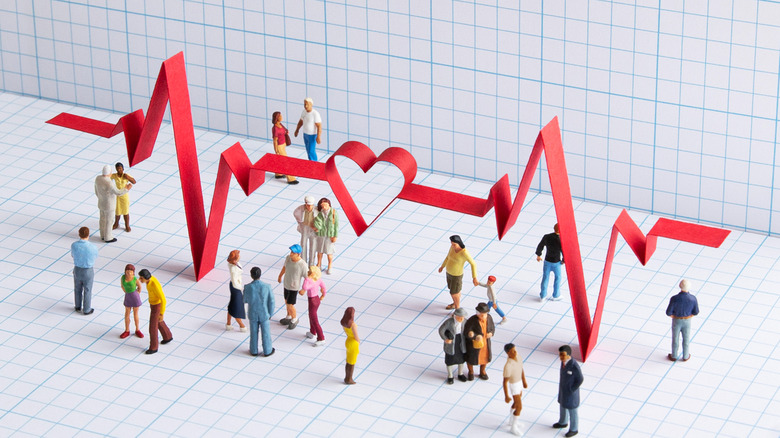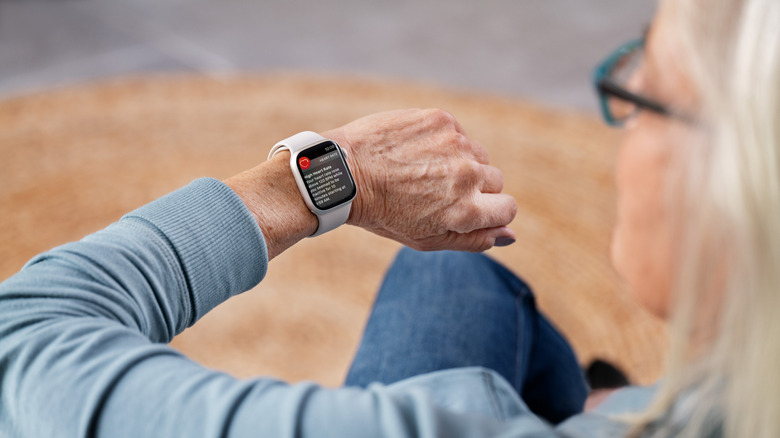Cancer Patients And Firefighters To Use Apple Watches In Beneficial Heart Health Research
Major tech companies gathering personal data from their users is a big part of the modern consumer landscape. Tech giants depend on the data they collect from users, with and without their consent, for everything from ad revenue to UX personalization. Some companies specialize in this kind of data exploitation, often to undesirable and even unethical ends. The Google Play Store will even show you what apps are gathering your data and why, giving users at least one way to protect themselves from unwanted intrusion.
According to a recent press release, however, Apple seems to be trying to flip that script. Through its new Investigator Support Program, the company is collaborating with health care providers from Texas A&M University and Stanford to the Murdoch Children's Research Institute in Melbourne to identify opportunities to employ basic medical data collected on Apple Watches to improve outcomes for patients with cancer and heart trouble.
An Apple a day
Per Apple's press release, they have already assessed several applications through the Investigator Support Program and selected partners for ongoing collaboration through Apple tools.
One of the Investigator Support Program's flagship projects will provide vital support to children suffering from cancer. Specifically, the project will address a potential consequence of cancer treatment called long QT syndrome. According to the Mayo Clinic, long QT is a heart signaling disorder that can cause fast, erratic heartbeats, leading to fainting, seizures, and potential death. Long QT is treatable but tricky to diagnose, historically requiring full echocardiograms at least weekly. A team at the Murdoch Children's Research Institute led by Dr. Rachel Conyers and Dr. Claudia Toro are implementing Apple Watches to provide ECGs on demand at the patient's convenience. All they need to do is press a finger to the screen.
Another planned project, directed by Dr. So-Min Cheong of Texas A&M University, will provide similar on-demand ECGs for first responders, with the first program studying the effects of wildfire smoke on the health of firefighters. Cheong will partner with Dr. Brian Kim and Dr. Marco Perez at Stanford Medicine, using Apple Watches to monitor firefighters' heart health and other medical indicators as they tackle wildfire seasons in Texas and California.
Apple even hopes that Apple Watch diagnostics will go beyond these specific studies to improve understanding of trends in heart health across whole populations. Dr. Sebastiaan Blok, director of eHealth at the Cardiology Centers of the Netherlands, has already planned a study using data to improve early diagnosis and treatment worldwide.

